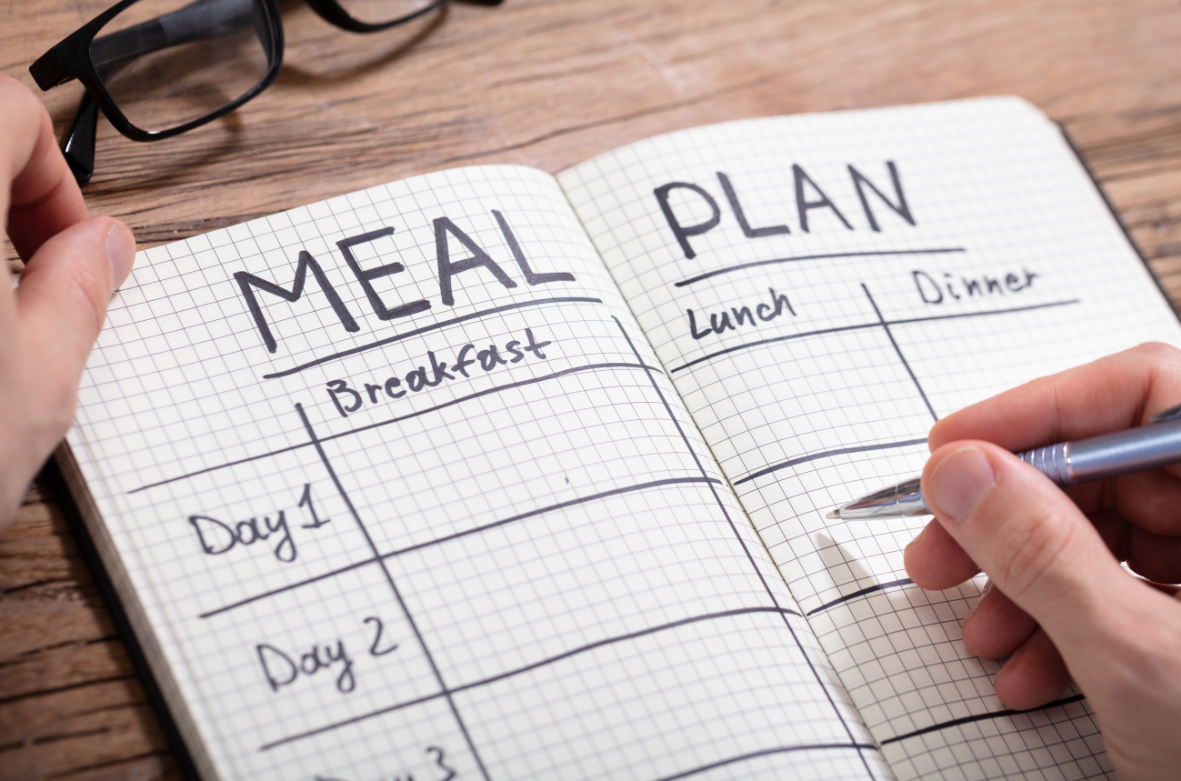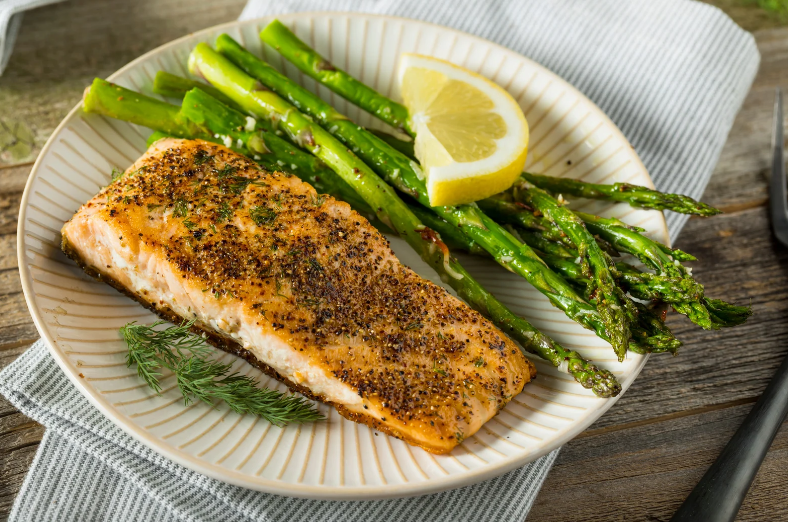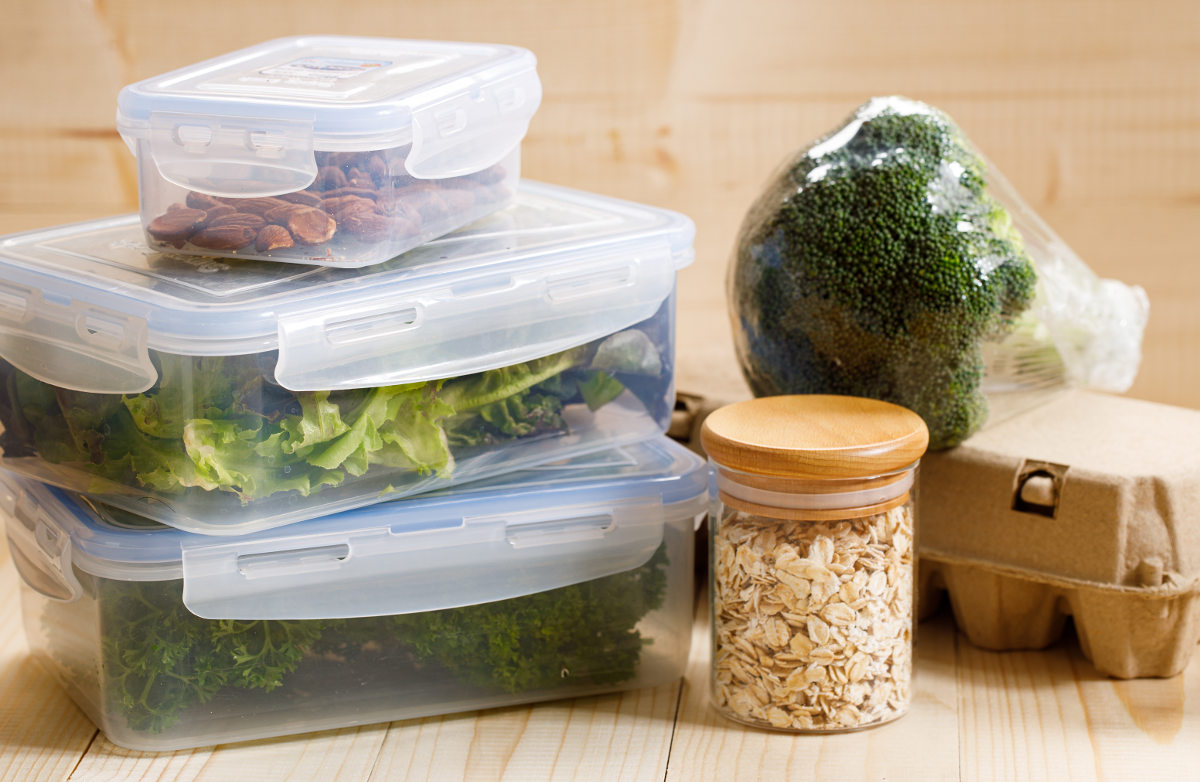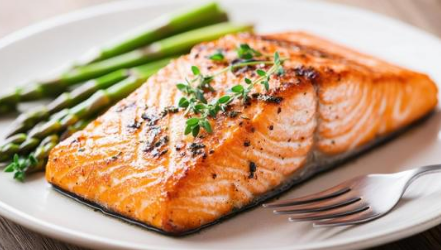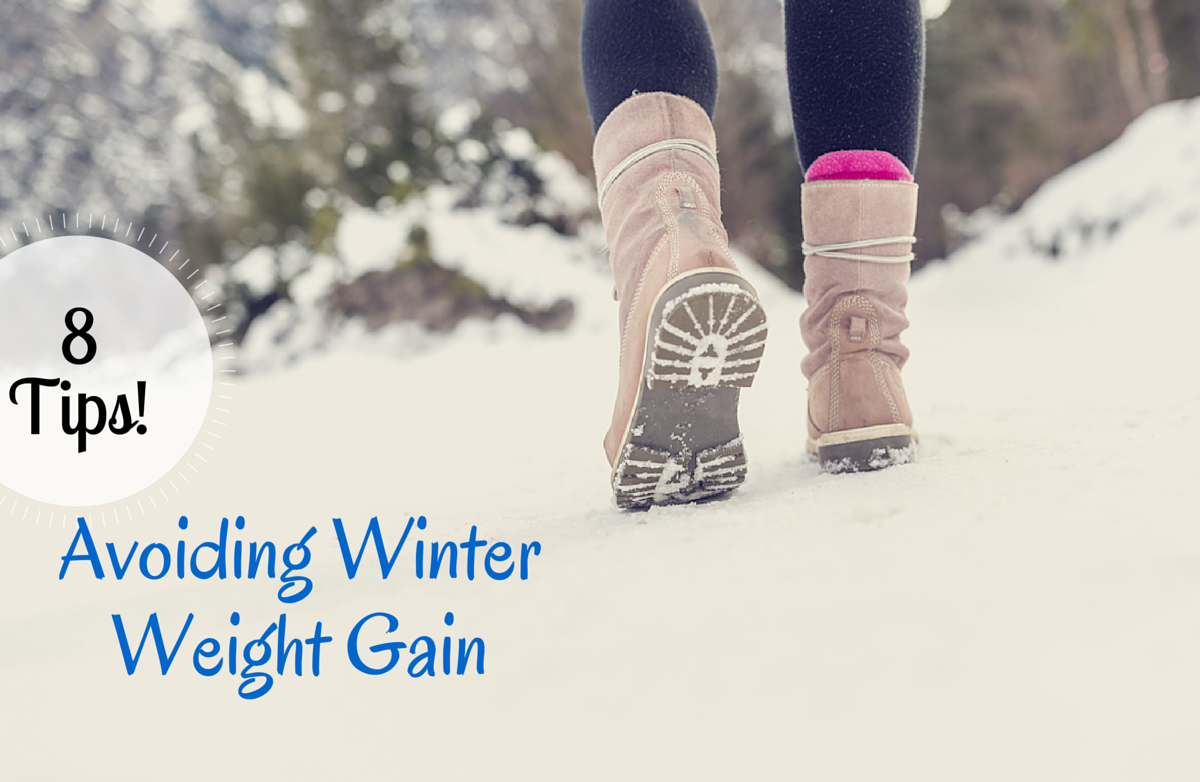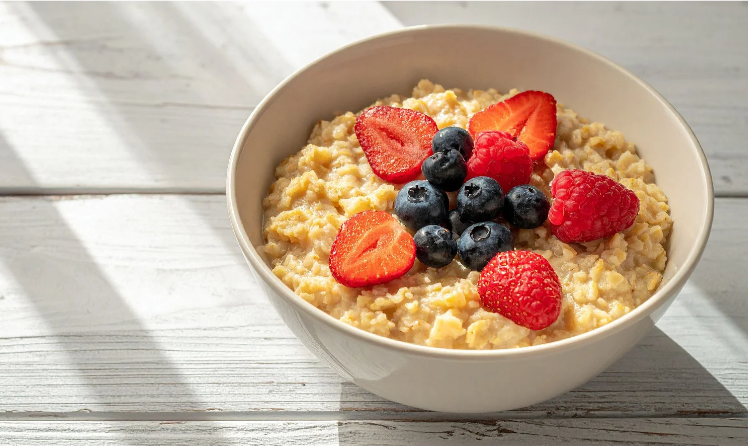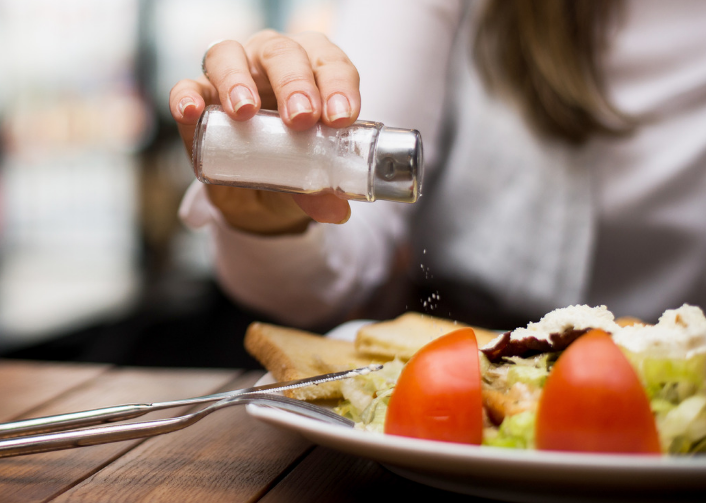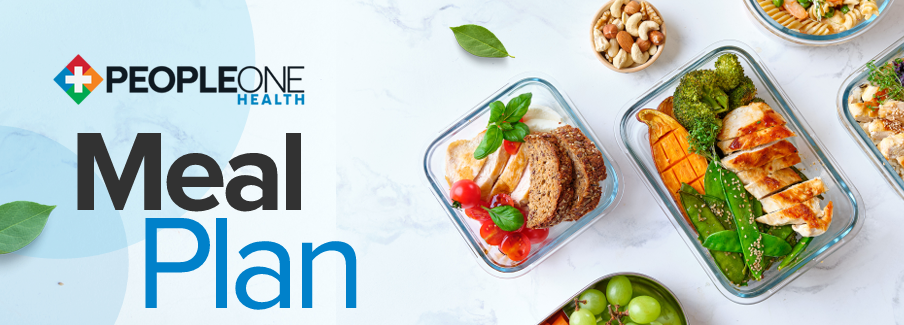Gluten has been blamed for everything from headaches and fatigue to digestive issues and weight gain. With grocery aisles overflowing with gluten-free options, it’s natural to wonder: Is gluten really the problem?
As a health coach, I believe in empowering you with evidence-based information so you can make informed choices about your well-being. Let’s explore what gluten is, who may benefit from avoiding it, and whether gluten-free is the right choice for everyone.
What Is Gluten?
Gluten is a naturally occurring protein found in wheat, barley, and rye. It gives structure and elasticity to baked goods and appears in everything from breads and pasta to sauces, dressings, and snack foods.
Some grains like quinoa, rice, millet, corn, and certified gluten-free oats are naturally gluten-free and provide excellent nutrition options [1].
Who Should Avoid Gluten?
Gluten should be avoided by individuals with:
Celiac Disease: An autoimmune condition affecting about 1% of the U.S. population. Even trace amounts of gluten can damage the small intestine and lead to nutrient deficiencies and systemic inflammation [2].
Non-Celiac Gluten Sensitivity (NCGS): Individuals with NCGS may experience digestive and neurological symptoms without testing positive for celiac disease or wheat allergy. Though not as well-researched, it’s widely accepted as a legitimate sensitivity [3].
Wheat Allergy: A classic allergic reaction to proteins found in wheat, including gluten.
It’s important to consult a healthcare provider before starting a gluten-free diet. Testing for celiac disease requires that gluten still be present in the diet [4].
Is Gluten-Free Healthier?
Not necessarily. Many gluten-free packaged foods are ultra-processed and lower in essential nutrients and fiber. In fact, research shows that individuals who eat whole grains—many of which contain gluten—have a lower risk of heart disease, diabetes, and some cancers [5].
What makes people feel better on a gluten-free diet often isn’t the removal of gluten—it’s the overall shift toward fewer processed foods, more fruits and vegetables, and home cooking.
Downsides of a Gluten-Free Diet (When Not Medically Necessary)
Nutrient Gaps: Whole grains like whole wheat contain fiber, iron, folate, and B vitamins. Eliminating them without suitable replacements can lead to deficiencies [6].
Higher Cost: Gluten-free products can be 2–3 times more expensive than conventional versions.
False Sense of Health: Many gluten-free snacks, baked goods, and cereals are still high in sugar, salt, and refined starches.
Missed Diagnosis: Starting a gluten-free diet before proper testing can mask markers of celiac disease, leading to misdiagnosis [7].
A Health Coach’s Perspective
Health is about what you add to your life, not just what you take away. Whether you eat gluten or not, we all benefit from:
More fiber-rich whole foods
Fewer ultra-processed snacks
Staying hydrated
Cooking at home more often
Tuning in to how your body feels
If you're interested in trying gluten-free living, start by choosing naturally gluten-free whole foods like sweet potatoes, lentils, leafy greens, and fruit, rather than relying on gluten-free processed snacks.
A Quick Note
If you’re thinking about removing gluten from your diet, be sure to speak with your healthcare provider first. For personalized nutrition advice and to help prevent any nutritional deficiencies, it's also recommended to work with a registered dietitian who can guide you through the process safely and effectively [8].
References
- Celiac Disease Foundation. What is Gluten? https://celiac.org/about-celiac-disease/what-is-gluten/
- NIH. Celiac Disease: Symptoms and Causes. https://www.niddk.nih.gov/health-information/digestive-diseases/celiac-disease
- Catassi C, Bai J, Bonaz B, et al. Non-Celiac Gluten Sensitivity: The New Frontier of Gluten-Related Disorders. Nutrients. 2013. https://www.ncbi.nlm.nih.gov/pmc/articles/PMC3705319/
- Fasano A, Catassi C. Clinical Practice: Celiac Disease. NEJM. 2012. https://www.nejm.org/doi/full/10.1056/NEJMcp1113994
- Harvard School of Public Health. The Nutrition Source – Whole Grains. https://www.hsph.harvard.edu/nutritionsource/what-should-you-eat/whole-grains/
- Gaesser GA, Angadi SS. Navigating the Gluten-Free Trend: The Healthy or Hype Debate. Journal of Nutrition and Metabolism. 2012. https://www.ncbi.nlm.nih.gov/pmc/articles/PMC3291990/
- Mayo Clinic. Celiac Disease Diagnosis. https://www.mayoclinic.org/diseases-conditions/celiac-disease/diagnosis-treatment/drc-20352231
- Academy of Nutrition and Dietetics. Why You Should See an RDN. https://www.eatright.org/health/wellness/preventing-illness/why-you-should-see-a-registered-dietitian-nutritionist




